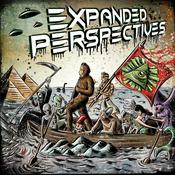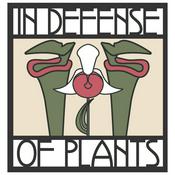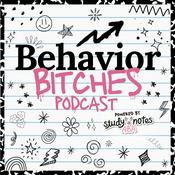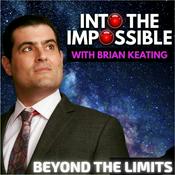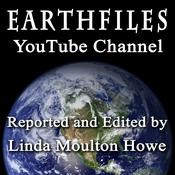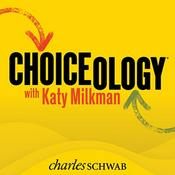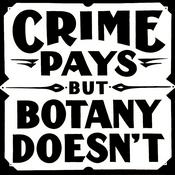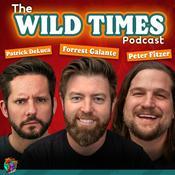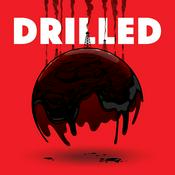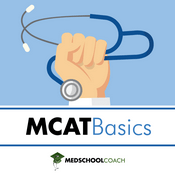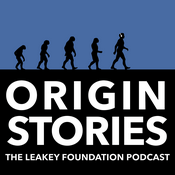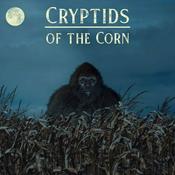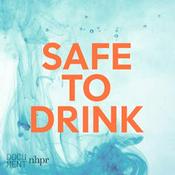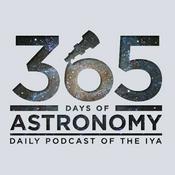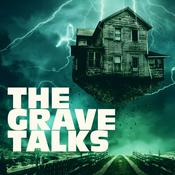130 episodes
- Here’s another episode that revists a topic we’ve covered before. A while back, we did an episode on the downsides of cannabis (for example, the risk of psychosis). But of course, a lot of people claim there are medical benefits, too! Not least among them is Donald Trump, who recently re-scheduled cannabis so that it can be studied more for medical purposes.
That research is sorely needed. In this episode, we discuss the very uncertain state of our knowledge on medical marijuana.
The Science Fictions podcast is brought to you by Works in Progress magazine, where you can find Samuel Hughes’s excellent new article on “Urban expansion in the age of liberalism”, as discussed in today’s episode. That’s at worksinprogress.co—which is packed full of other great articles on science, tech, and human progress.
Show notes
* “Trump expands access to cannabis” (December 2025)
* Info from the DEA on drug schedules
* The new JAMA review on medical marijuana
* Reason article on the 2011 RAND study; Retraction Watch article on the same
* Studies on the crime impacts of medical marijuana (increase; neutral; decrease)
* Useful 2021 review of the wider societal effects of medical marijuana legalisation
* 2020 Arizona “natural experiment” study
* Washington Post article on the poor resemblance of “real” marijuana compared to what’s allowed for research studies
* Survey on the use of cannabis for medical purposes
Credits
The Science Fictions podcast is produced by Julian Mayers at Yada Yada Productions.
This is a public episode. If you'd like to discuss this with other subscribers or get access to bonus episodes, visit sciencefictionspod.substack.com/subscribe - This is a free preview of a paid episode. To hear more, visit sciencefictionspod.substack.com
It’s rare that we return to a topic, but it’s also nice to have been right. In 2024 we did an episode on microplastics, and cast a lot of doubt on some of the more outrageous claims about them filling up your brain, your arteries, and (for the fellas) your testicles. Since then a lot more flaws in the science have been found—and at least one of them is utterly devastaing.
Become a paid subscriber to listen to the full episode and read the show notes. - Here’s a cheery one for our first episode of the year. Guess what happens when you give several sets of scientists the same dataset and ask them to answer the same question? Well, they all find the same results, right? Right!?
Sadly not. This “Many Analysts” problem has been analysed and debated in multiple different scientific fields and across several papers. We cover them in this episode. What does it tell us about the objectivity of science if different teams draw different conclusions from the exact same data?
The Science Fictions podcast is brought to you by Works in Progress magazine. Their excellent new article on how we’re living in “the golden age of vaccine development”, as discussed on the show, can be found (along with the rest of their articles on science, history, and technology), at worksinprogress.co. We’re very grateful that they support the podcast.
Show notes
* 2015 Nature commentary article on “crowdsourced research” (on racism in football)
* And the full 2018 writeup titled “Many Analysts, One Data Set”
* Gelman and Loken on the “Garden of Forking Paths”
* 2020 many-analysts neuroscience (fMRI) paper
* And the plan for the similar study on EEG
* 2022 PNAS many-analysts paper on the “hidden universe of uncertainty”
* 2026 critique on ideological bias from George Borjas
* 2023 critique on effect sizes vs. statistical significance
* 2025 ecology & evolution many-analysts paper on blue tits and eucalyptus
* 2025 economics many-analysts paper with results on data cleaning
* 2024 PNAS critique of many-analysts research
* Julia Rohrer’s critique of multiverse analysis
Credits
The Science Fictions podcast is produced by Julian Mayers at Yada Yada Productions.
This is a public episode. If you'd like to discuss this with other subscribers or get access to bonus episodes, visit sciencefictionspod.substack.com/subscribe - We’ve covered a lot of bad science stories over the year. Here are a few more. But in the optimistic spirit of the “holiday season”, the last one has a happy ending.
Thanks for listening—especially if you’re a subscriber! See you in 2026.
Stuart & Tom
Show notes
* A surge of low-quality AI papers on public datasets
* A surge of low-quality AI letters to the editor
* Retraction Watch story on the Dana Farber scandal
* NY Times story on the papers being retracted or corrected
* The settlement in the case
Credits
The Science Fictions podcast is produced by Julian Mayers at Yada Yada Productions.
This is a public episode. If you'd like to discuss this with other subscribers or get access to bonus episodes, visit sciencefictionspod.substack.com/subscribe - STOP PRESS: a beloved 20th Century populariser of psychology who wrote massively successful books has been shown to be full of crap. Actually… don’t stop press. Just put it on the pile with all the others.
This time it’s Oliver Sacks, the neurologist who wrote The Man Who Mistook his Wife for a Hat, Awakenings, and many other books. An article in The New Yorker has shown that a lot of his case studies were, well… let’s say they’re not what they seem. In this episode we discuss the new article and Oliver Sacks’s career more generally, and ask: should we have known?
The Science Fictions podcast is brought to you by Works in Progress magazine. The article we discussed on today’s show is about the tragically low South Korean birth rate, and why it got that way. Find that, and so many more articles about human progress, science, and technology, at worksinprogress.co.
Show notes
* Rachel Aviv’s December 2025 New Yorker article on Oliver Sacks
* Journal of Autism and Developmental Disorders letter about “questionable aspects” of the autistic savant twins story, by Makoto Yamaguchi
* Follow-up article by the same author
* Response letter by Allan Snyder
* Medical Humanities article on 10 years since Sacks’s death
* Paul McHugh’s 1995 bad review of Sacks’s work
* Science isn’t storytelling
Credits
The Science Fictions podcast is produced by Julian Mayers at Yada Yada Productions.
This is a public episode. If you'd like to discuss this with other subscribers or get access to bonus episodes, visit sciencefictionspod.substack.com/subscribe
More Science podcasts
Trending Science podcasts
About Science Fictions
A weekly podcast about the latest scientific controversies, with Tom Chivers and Stuart Ritchie sciencefictionspod.substack.com
Podcast websiteListen to Science Fictions, Something You Should Know and many other podcasts from around the world with the radio.net app
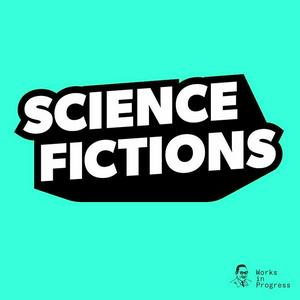
Get the free radio.net app
- Stations and podcasts to bookmark
- Stream via Wi-Fi or Bluetooth
- Supports Carplay & Android Auto
- Many other app features
Get the free radio.net app
- Stations and podcasts to bookmark
- Stream via Wi-Fi or Bluetooth
- Supports Carplay & Android Auto
- Many other app features


Science Fictions
Scan code,
download the app,
start listening.
download the app,
start listening.















